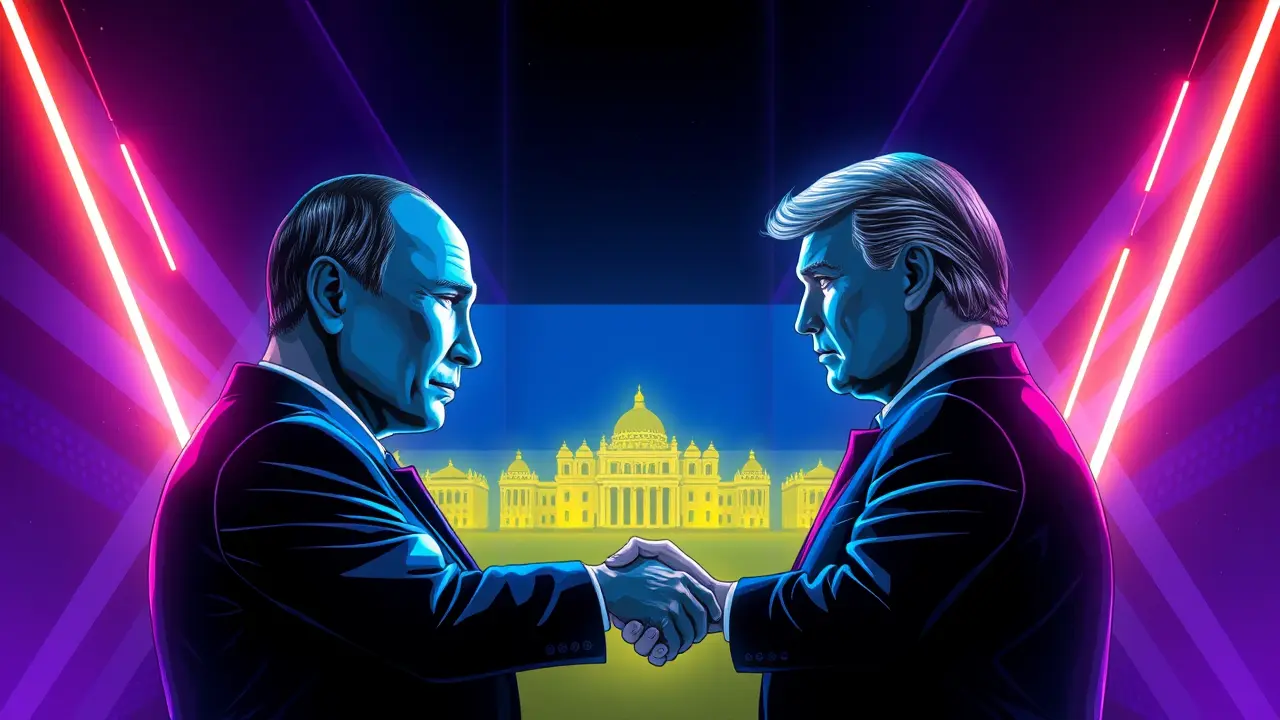No Trump-Putin meeting planned soon.
In a geopolitical landscape already strained by the protracted conflict in Ukraine, Moscow’s recent dismissal of a potential ceasefire, citing its contradiction to a prior understanding allegedly forged between Vladimir Putin and Donald Trump during their meeting in Alaska, underscores the enduring and complex nature of great-power diplomacy. This development, while seemingly a singular diplomatic communiqué, is in fact deeply rooted in a historical context where summits between American and Russian leaders have often served as both crucibles for de-escalation and theaters for strategic posturing, echoing the high-stakes encounters of the Cold War era.The Kremlin’s insistence on proceeding with a second, planned meeting in Budapest, even as it rebuffs a key potential outcome, reveals a calculated strategy to maintain a direct channel of communication, a tactic reminiscent of the Reagan-Gorbachev dialogues that sought to manage competition even amidst profound ideological divides. Analysts are closely parsing the subtext: is this a genuine effort to find a diplomatic off-ramp, or a sophisticated maneuver to project strength and division within the Western alliance? The reference to the Alaska agreement, the details of which remain opaque to the public, introduces a layer of deliberate ambiguity, allowing both powers to shape narratives for their domestic audiences while testing the resolve of international partners.The choice of Budapest as a potential venue is itself laden with historical symbolism, hearkening back to a time when Eastern Europe was a chessboard for superpower influence, and suggesting that the current confrontation extends far beyond the immediate battlefield. The consequences of this diplomatic dance are immense, influencing global energy markets, the cohesion of NATO, and the very principles of the post-World War II international order.A failed meeting could solidify a new, prolonged era of hostility, whereas a successful, though likely limited, engagement might only freeze the conflict, creating a simmering crisis akin to the frozen conflicts of the post-Soviet space. Expert commentary from veteran diplomats warns against simplistic interpretations; this is not merely about two personalities but about the structural clash of two visions for global governance. The path forward is fraught with risk, where every statement from the Kremlin or Mar-a-Lago sends ripples through capitals worldwide, and the shadow of history looms large over any potential handshake in Budapest.
HI
HistoryBuff236 hours ago
watching all these complex diplomatic moves unfold is like seeing a student finally master a subject they struggled with for years, it makes me so proud to see this level of strategic thinking on the global stage 🥹❤️
0
© 2025 Outpoll Service LTD. All rights reserved.
